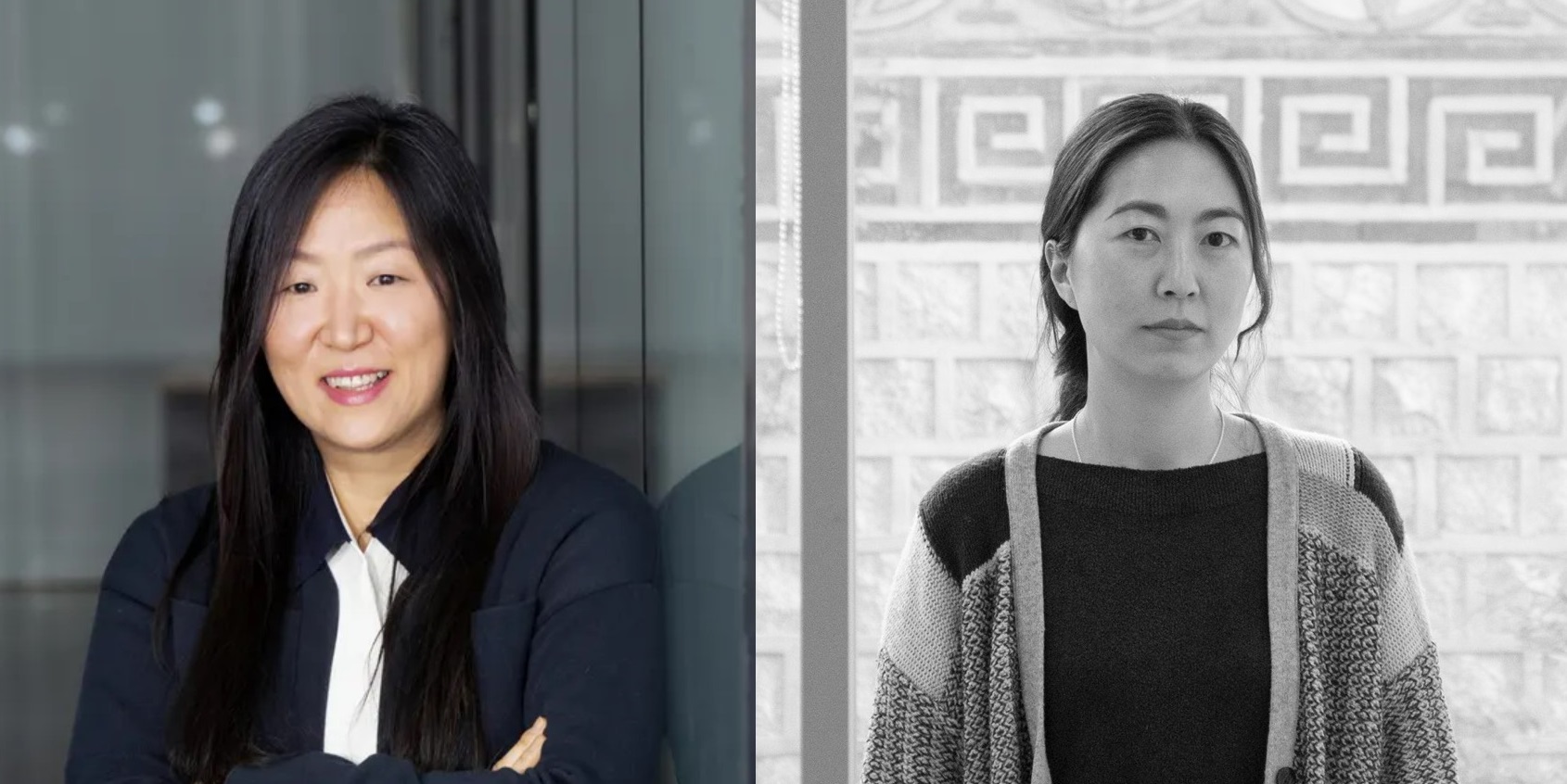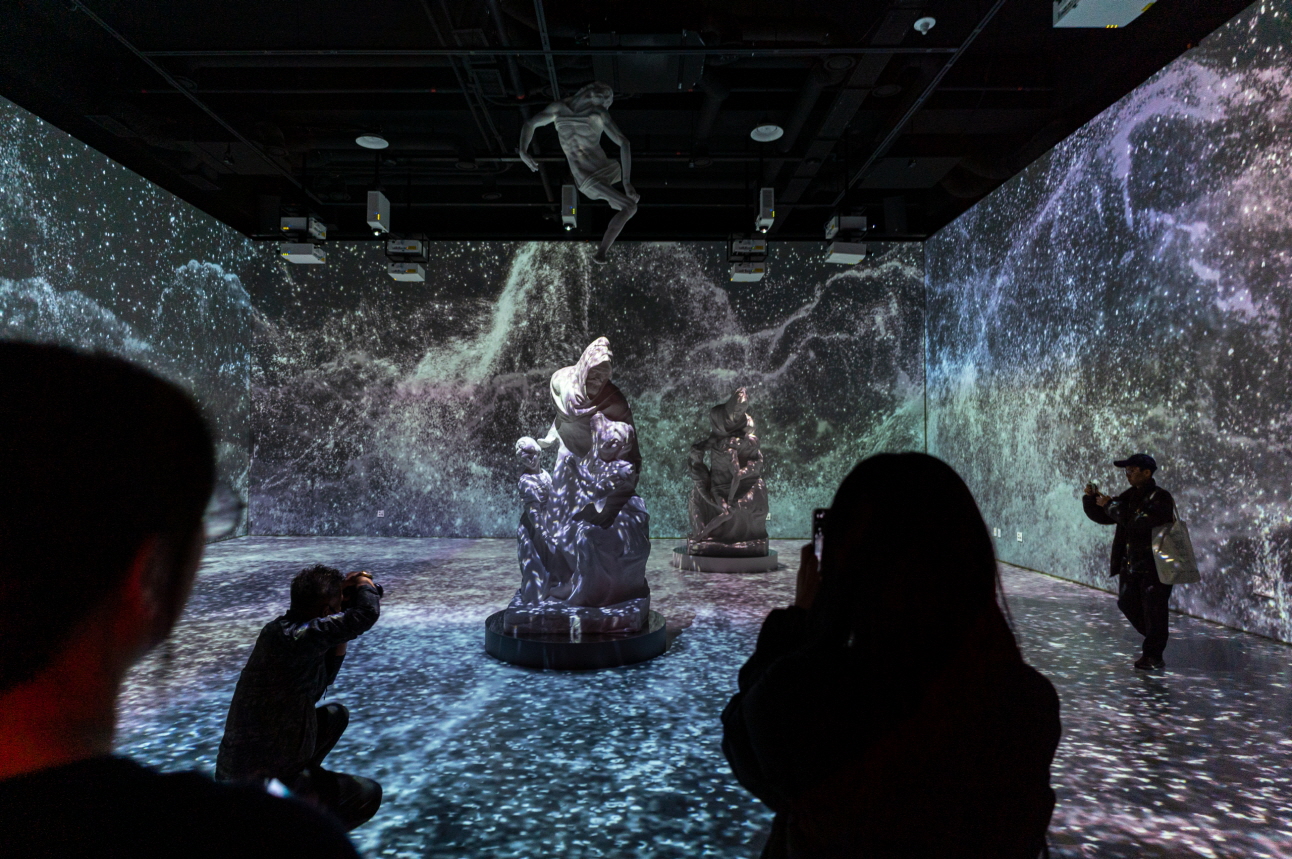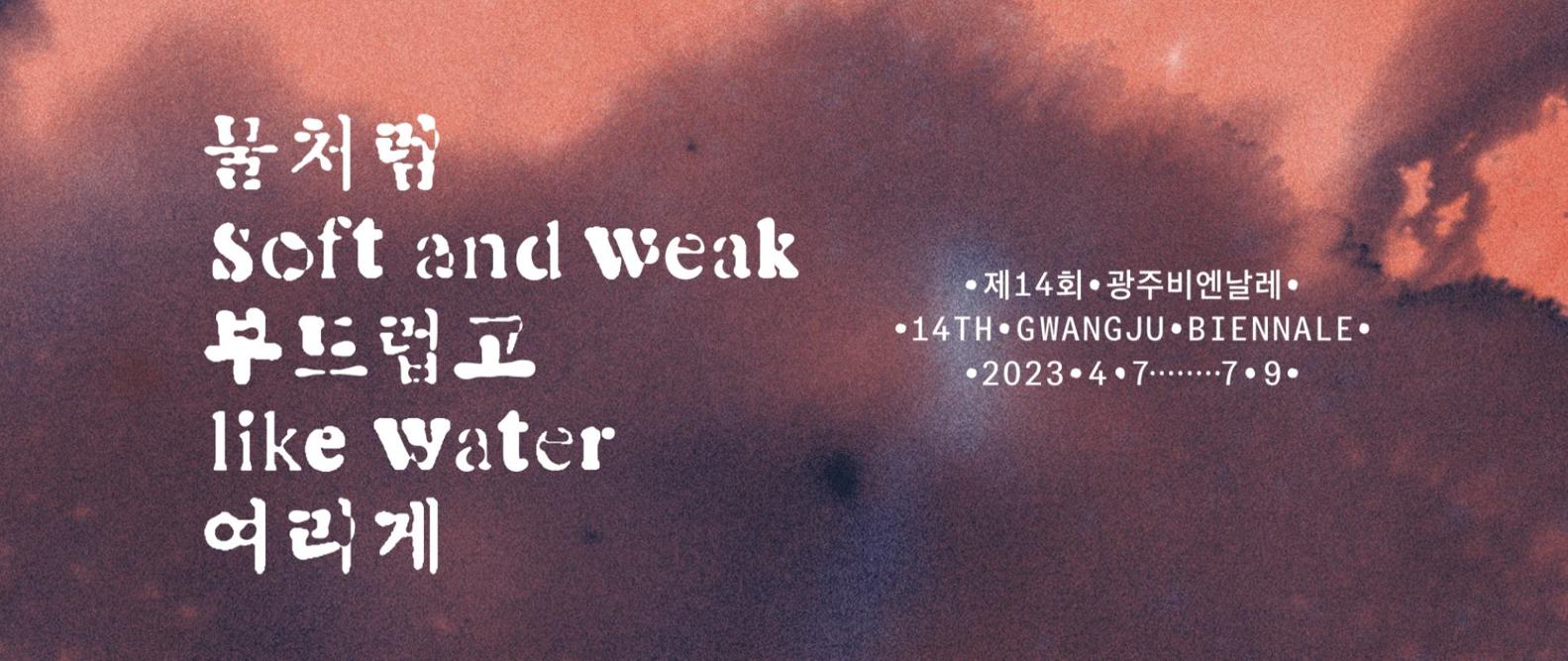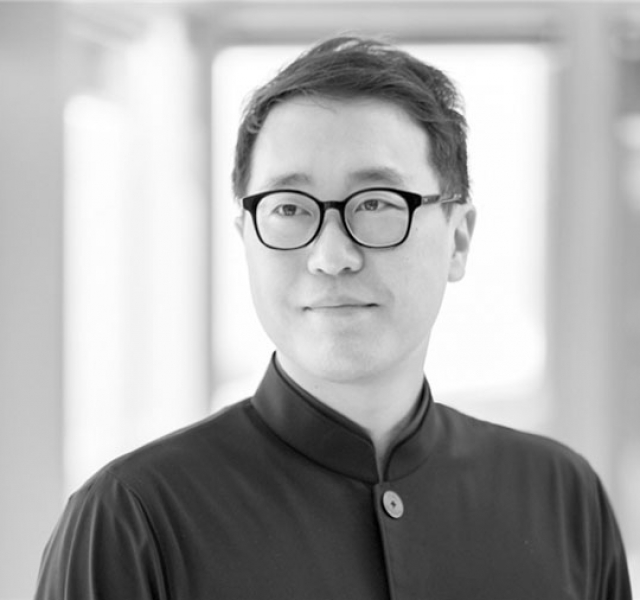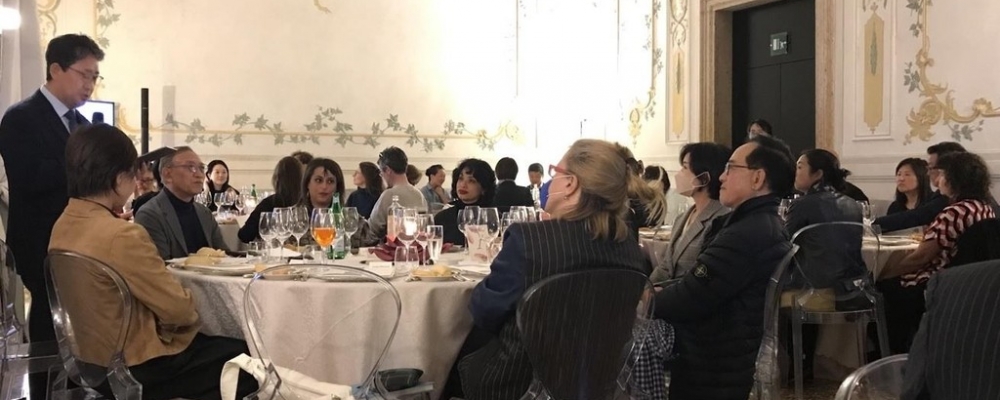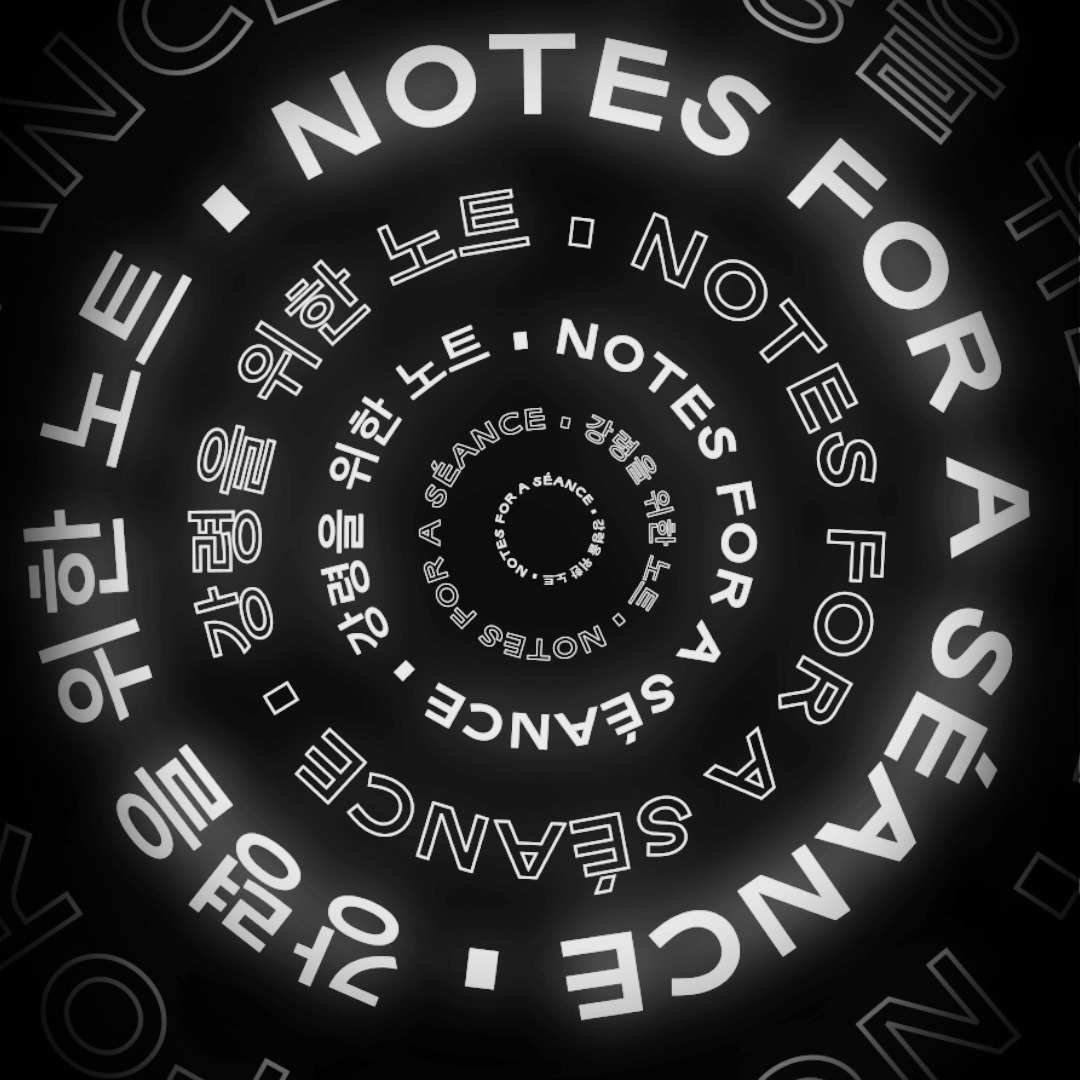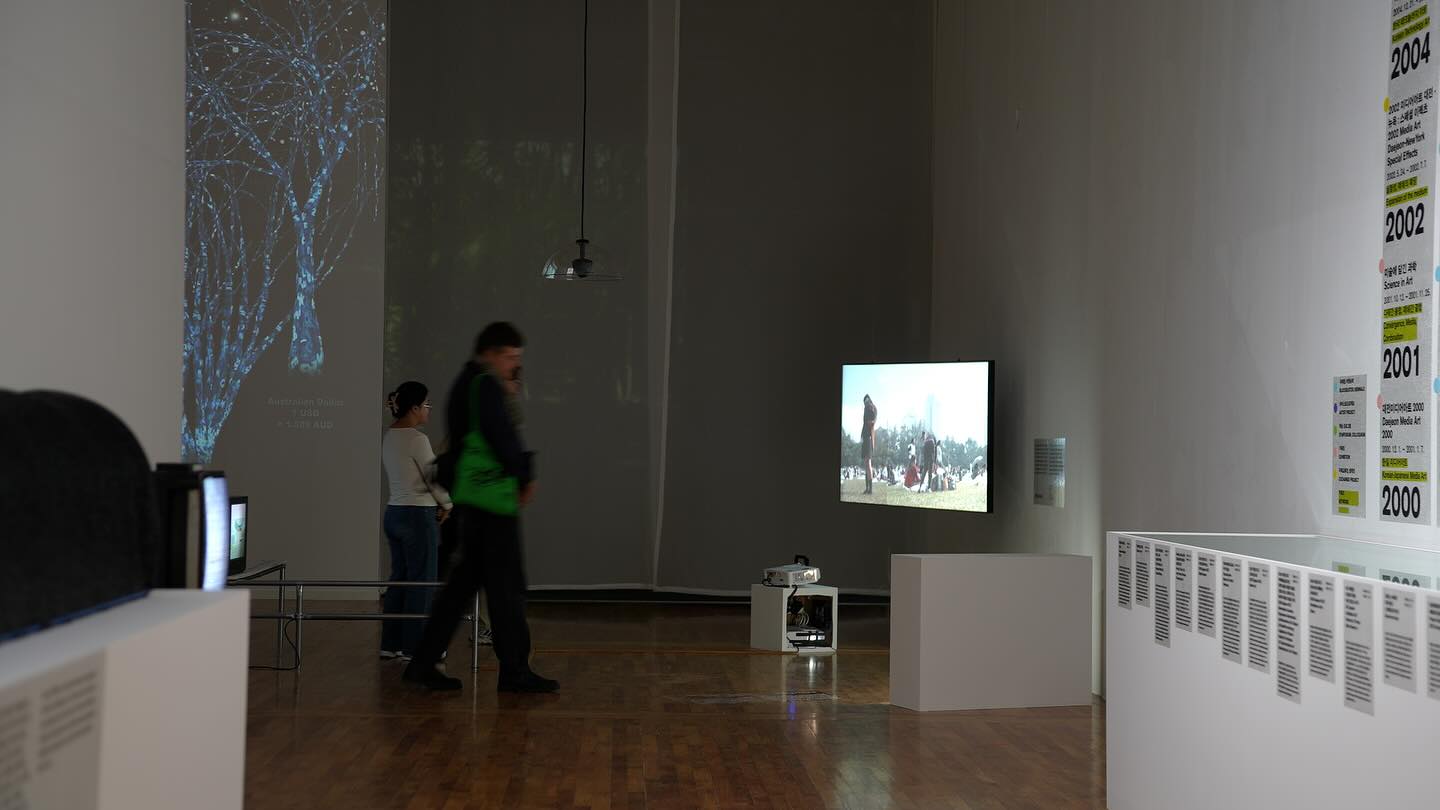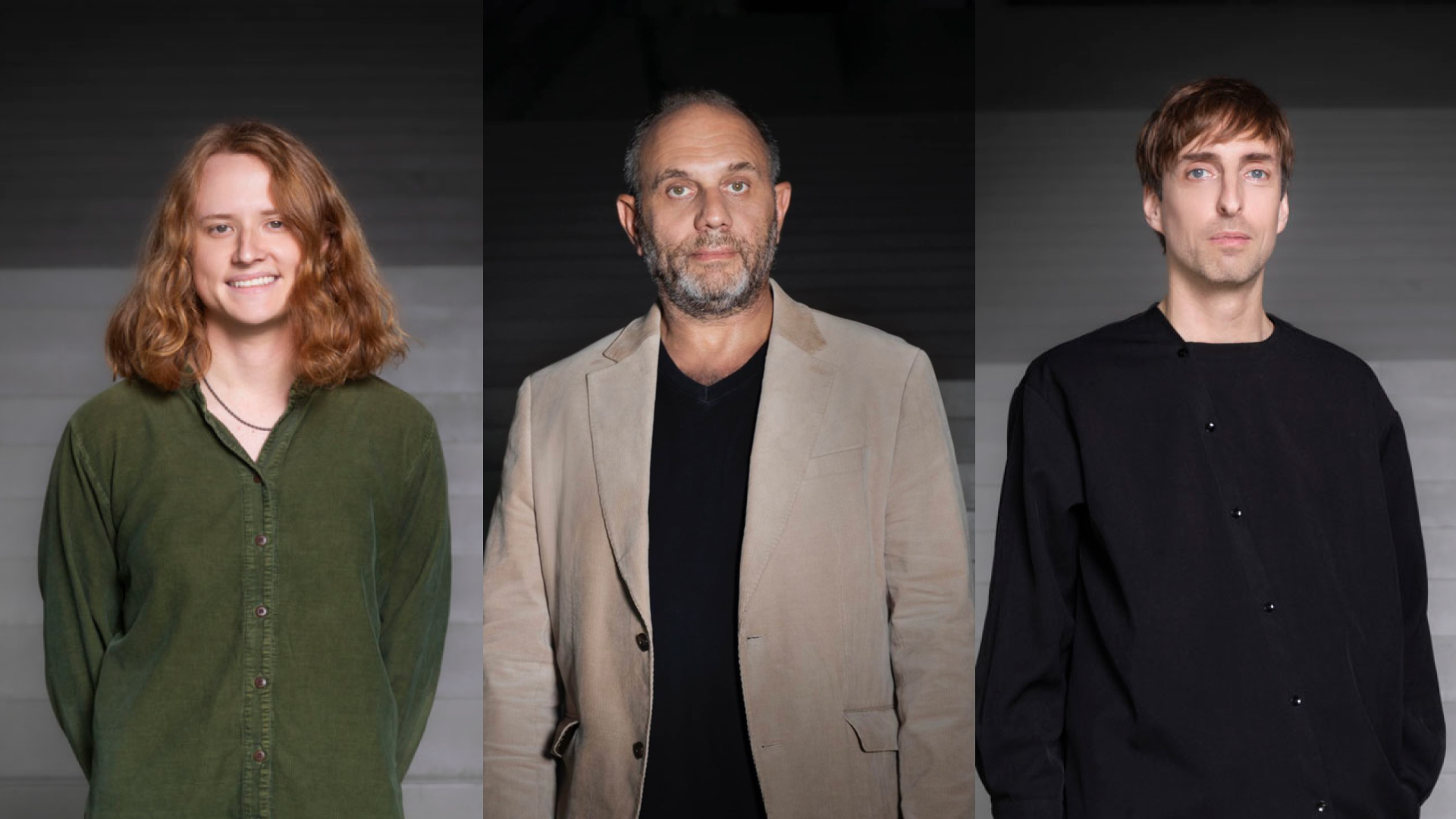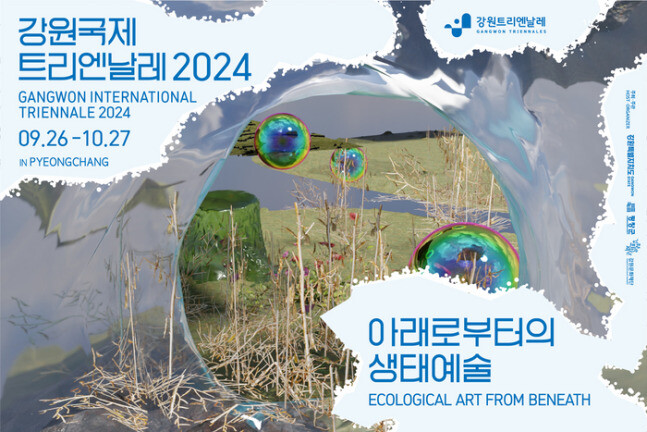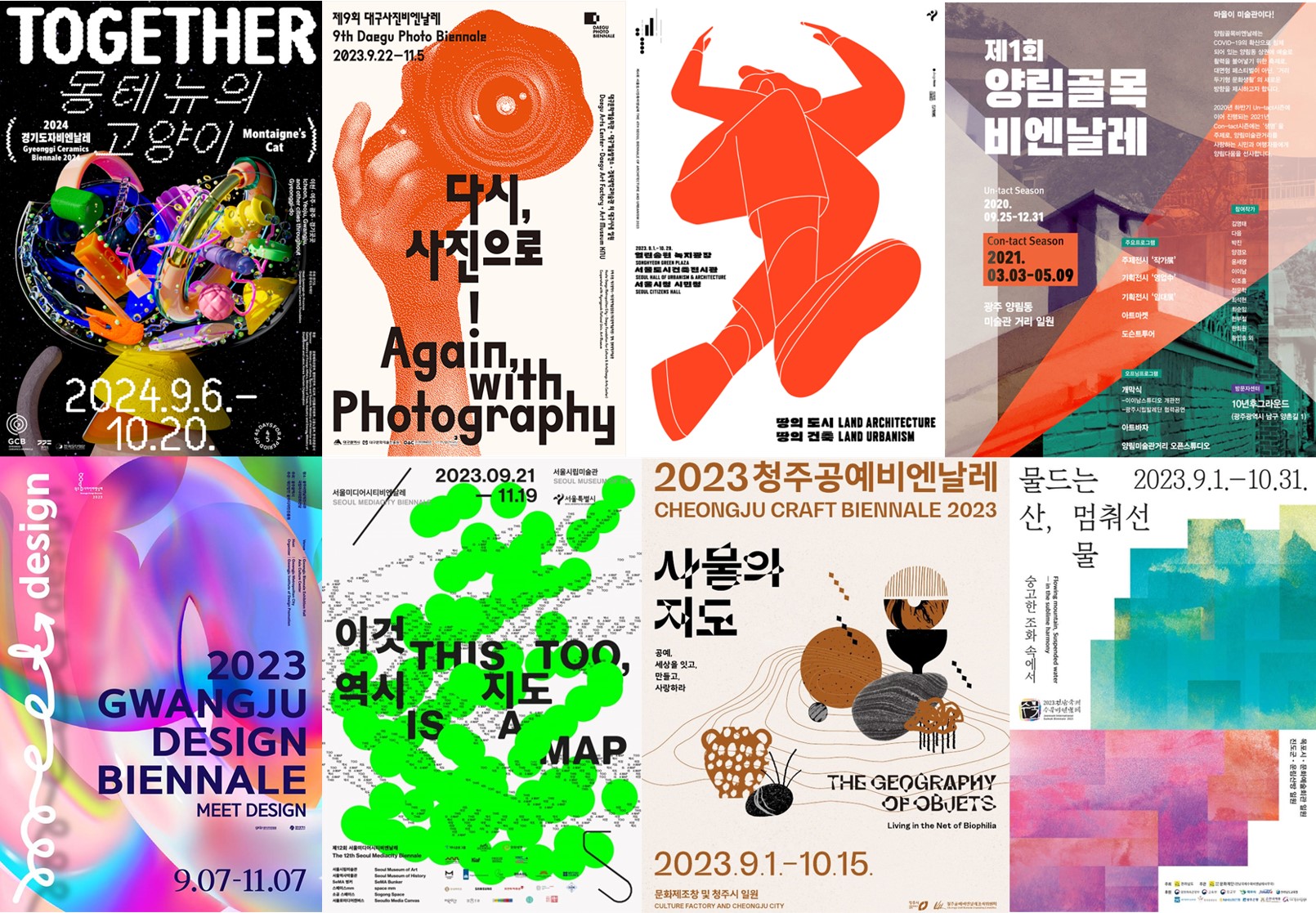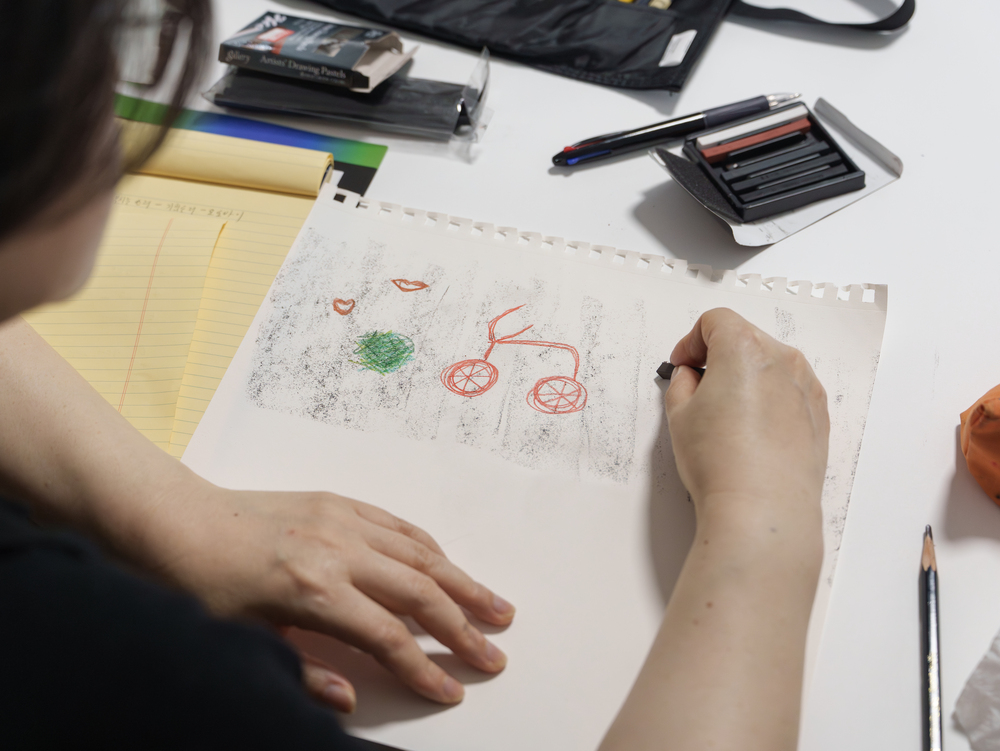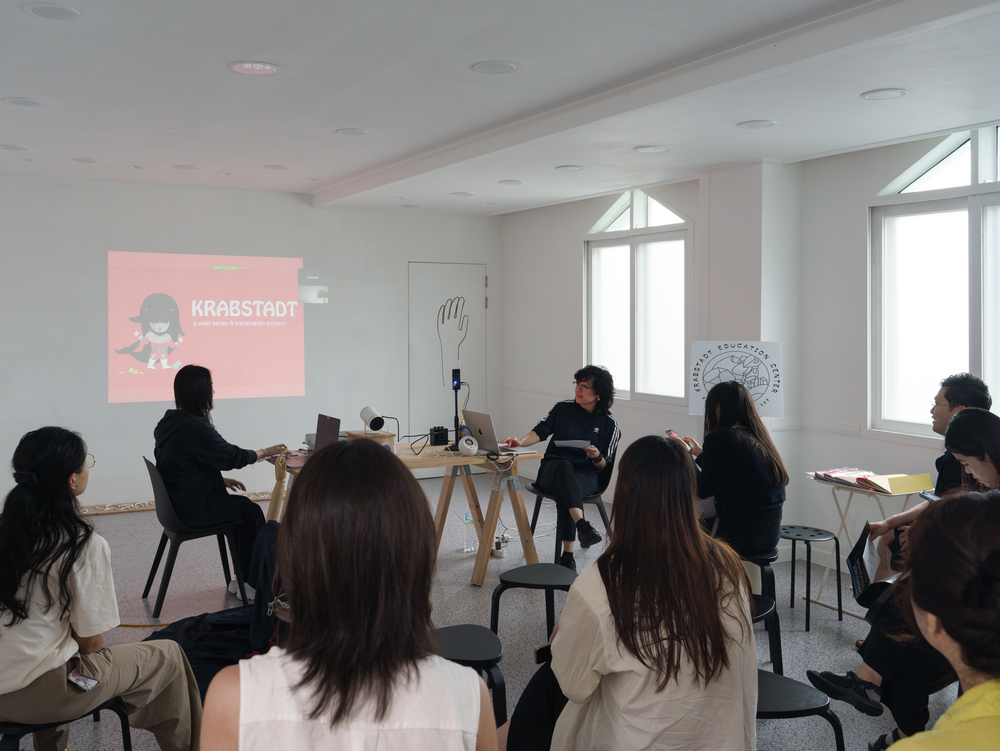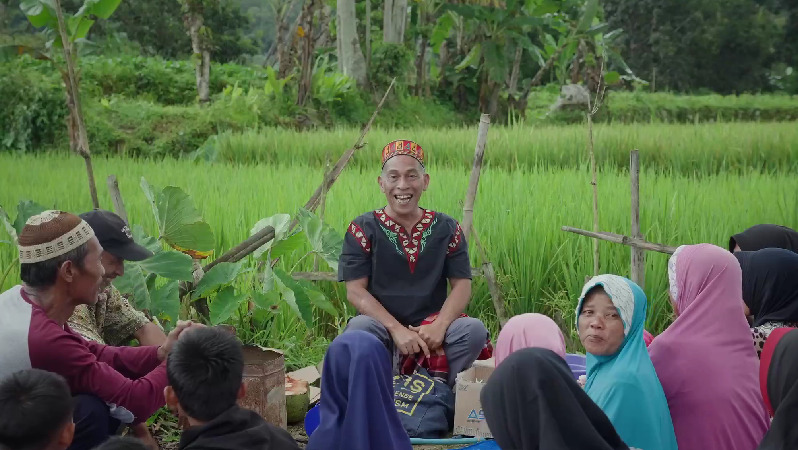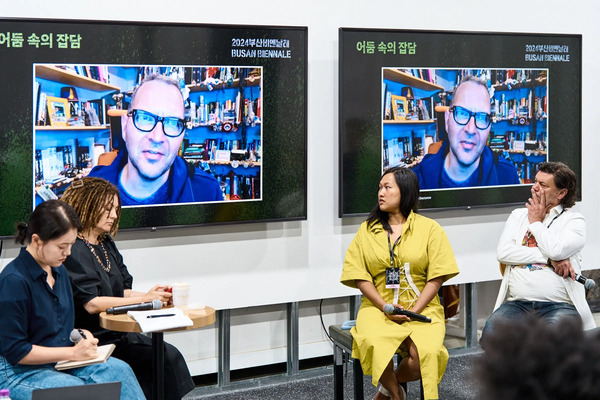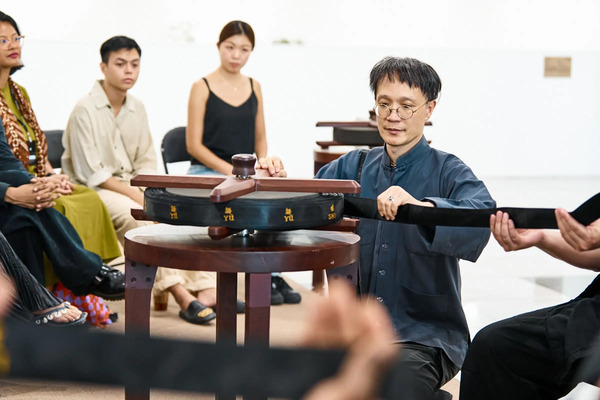The Gwangju Biennale Foundation has appointed Sook-Kyung Lee, senior curator of international art at Tate Modern, as the artistic director of the 14th Gwangju Biennale, which will be held from April 7 to July 9, 2023.
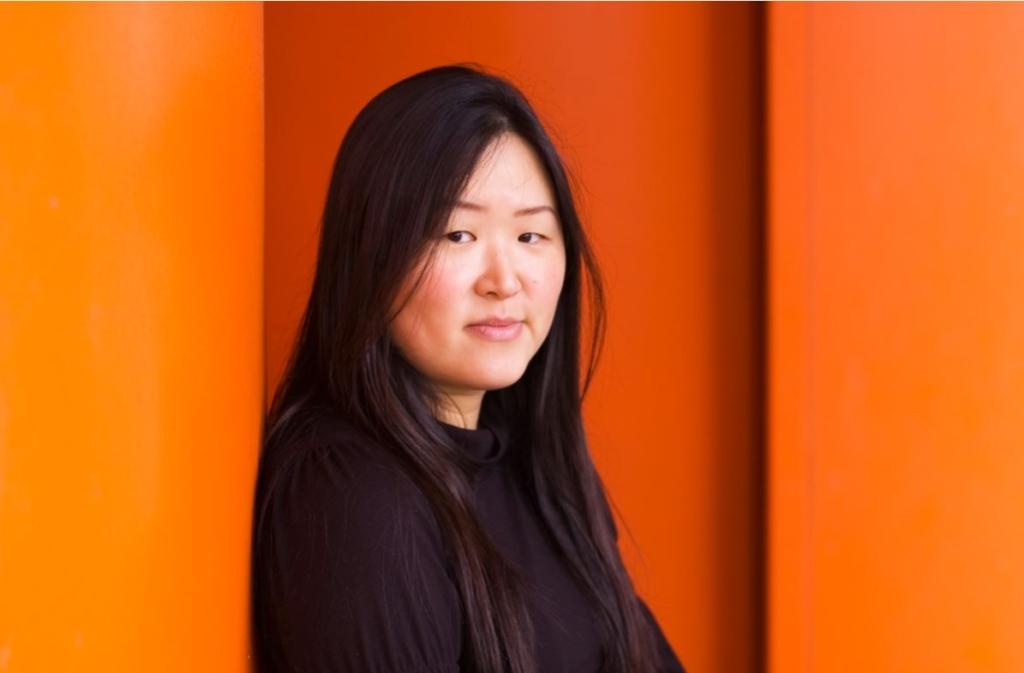
Sook-Kyung Lee. Photo by Roger Sinek. ©Gwangju Biennale Foundation.
Lee is the Gwangju biennale’s second Korean-born artistic director after Kim Hong-hee, a former director of the Seoul Museum of Art who led the event 15 years ago in 2006.
Lee has been active in contemporary art curating for 28 years. At the Tate, where she has been working for 14 years, she started as an Exhibitions & Displays Curator at Tate Liverpool, then as a Tate Modern Research Curator and later as a Senior Research Curator. She is currently the head of Hyundai Tate Research Centre: Transnational. In 2015, she also served as commissioner and curator for the Korean Pavilion at the 56th Venice Biennale presenting Moon Kyungwon and Jeon Joonho. Prior to her career in the UK, she worked at the National Museum of Modern and Contemporary Art, Korea(MMCA) from 1993 to 1998.
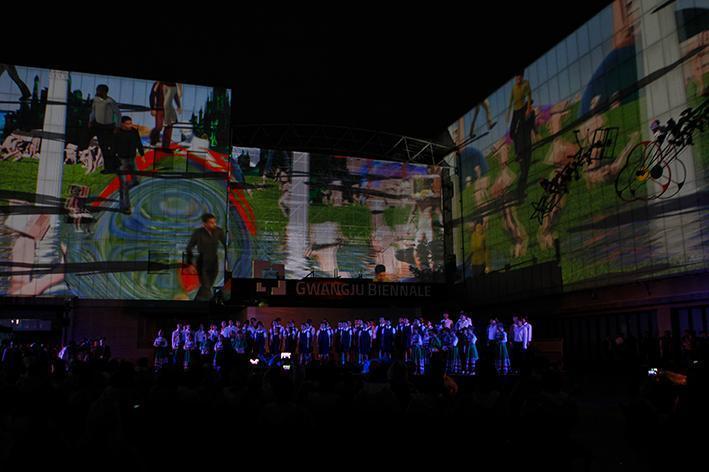
The exterior of Gwangju Biennale Exhibition Hall. ©Gwangju Biennale.
“It will be an opportunity to deliver a new perspective to the global contemporary art community by connecting Korean art and world art with an artistic director from Korea” the Gwangju Biennale Foundation mentioned.
According to Artforum, Lee noted that she will bring a “non-Western perspective” and will represent a “transformation of relationship between centers and peripheries, truly equal connections and exchanges and a vision for better human communities” at the event.
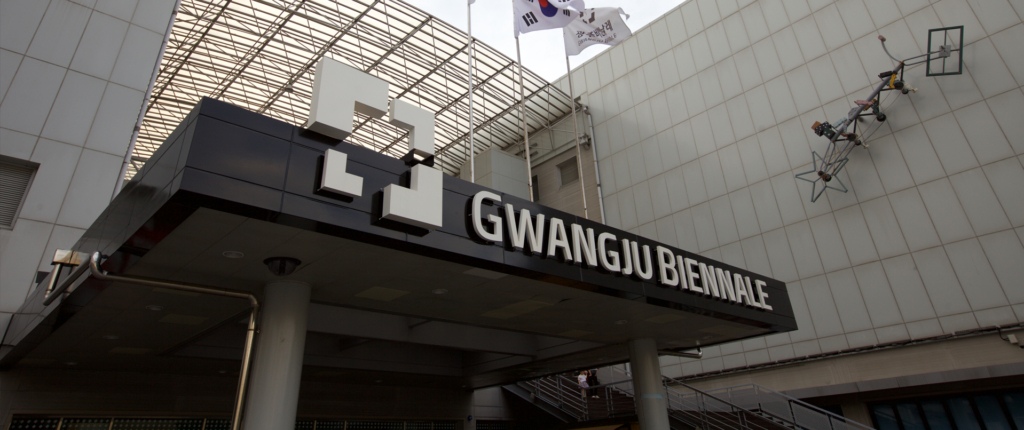
The exterior of Gwangju Biennale Exhibition Hall. ©Gwangju Biennale.
The Gwangju Biennale is an international contemporary art event held in Gwangju, South Korea, since September 1995. It is also the longest-running international biennial in Northeast Asia.
The biennial has firm roots in the city, which is recognized as the center of the nation’s democratic revolution, the 5.18 Gwangju Democratization Movement—the May 18 uprising against the military dictatorship in 1980.
Through art, the biennale aims to heal the traumatic history of the nation and commemorate democracy as well as foster Korea’s contemporary art and facilitate international exchange.



